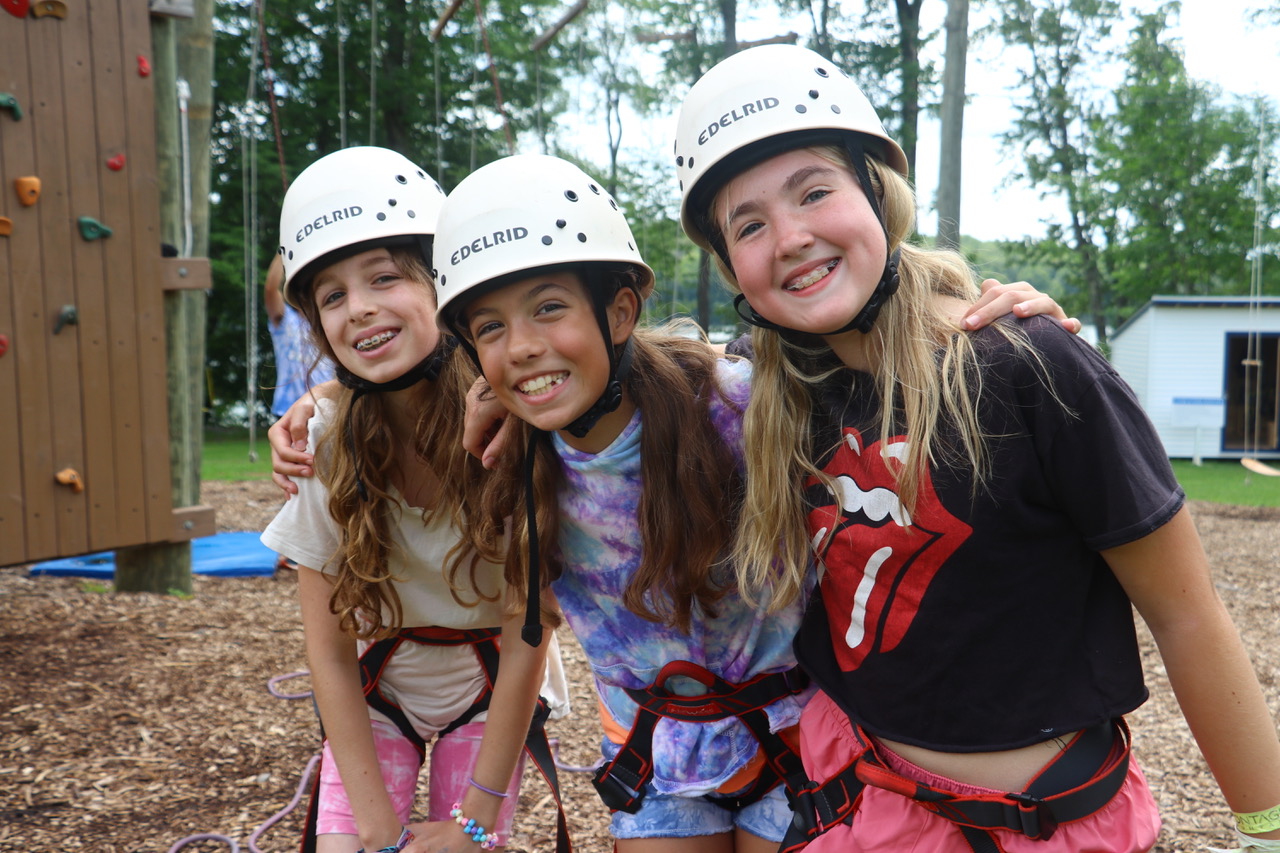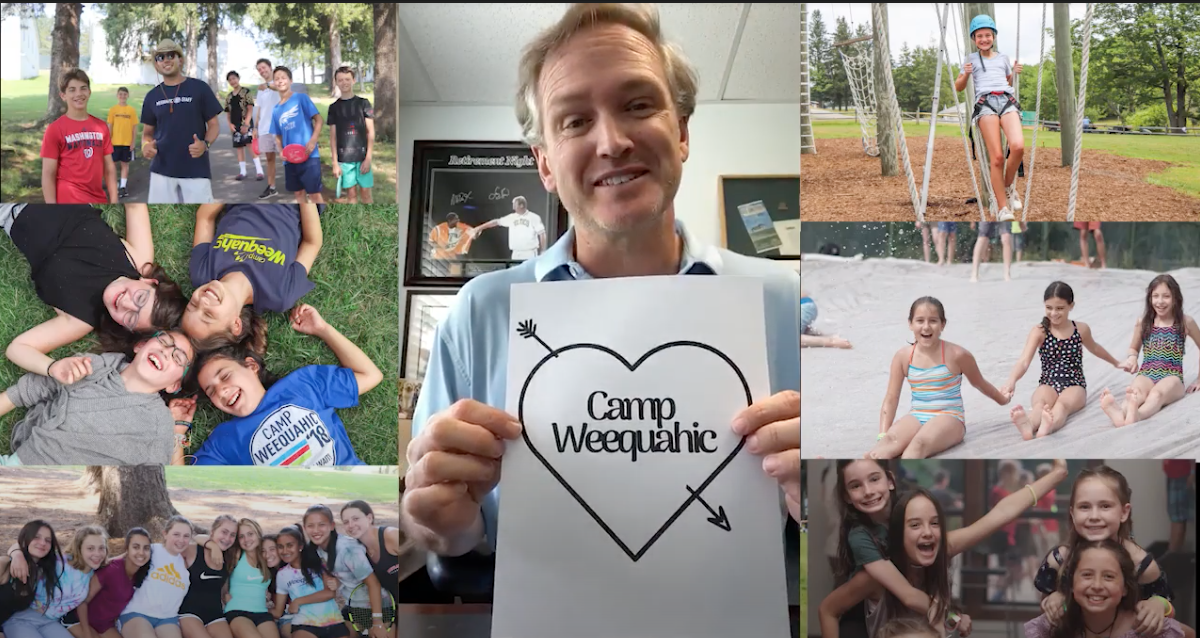One of the ladies I enjoy learning from gave a big speech the other day. The whole thing is worthwhile but I wanted to focus on a story she relayed near the end:
…when, on a trip to Israel, I met my hero and now my friend, Natan Sharansky, I really only had one question for him. I asked him if it was possible to teach courage.
He paused and said this: “No. You can’t teach it. You can only show people how good it feels to be free.”
Bari Weiss, 92nd Street Y Address
By now, if you’ve been a part of Weequahic or read anything we’ve written, you’ve come across our feeling about ‘courage.’ I’ve written about it a few times.
As a person who beats the drum about ‘courage,’ I was stopped by Mr. Sharansky’s reply. And, I think he may be right.
Definition
So, before we start, how do we define courage? The Oxford Dictionary defines courage as the ability to do something that frightens one. So, in other words, you’ve got to be afraid in order to be courageous.
It doesn’t matter if you are feeling fear from looking down from the zipline station or getting on the bus for the first time, getting up on stage to address the whole camp or connect with your new bunkmate soon-to-be friends. Feeling no fear? No courage is needed.
And, without courage, there is no freedom – from fear or anything else. Campers, this is important:
Just because you ‘feel’ fear doesn’t mean you are ‘captured’ by it. You still have the freedom to act as you’d like. It’s simply up to you.
Viewing Courage
When I think of teaching, I mostly think of book-learning and Mrs. Vipperman introducing biology to me as a seventh grader, chalk in hand and frog in front of me. (She was a heck of a teacher – and very memorable.) And, I’ve learned (a bit) about courage and the freedom it creates from books.
I’ve read a lot about people who have shown courage. Whether it be about Dr. King or George Washington or Mahatma Ghandi or Mother Teresa or Harry Potter or John Snow, I’ve got stories and stories and stories in my head of people who lived ‘free.’
From these stories, we can be introduced to courage and living free. It’s better, though, to be surrounded by people from whose example you can learn in real time.
‘Doing’ Courage
The second best way to learn how to live free is to watch those around you. At camp, counselors come to mind first. They’ve chosen to become part of something larger than themselves and pour everything they have into making the summer amazing. It takes courage on their part to do so. Why? Because it would be so much easier staying home and working at the GAP or the coffee shop or doing an internship in some big office. But… those things are rarely as meaningful, purpose-full or fun.
The next group I think about as ‘examples’ are our CITs. Watching them balance their responsibilities of leading camp with the fantastic benefits of being a CIT (fridge in your bunk, more flexible time, their own Cove space, etc.) is very instructive.
The very best way, though, to learn anything (just about) is to do it. Badly, at first, most likely. When you learned to walk, it was a stumbling, bumbling, hair raising experience for both you and your parents (for different reasons.) But you learned.
Courage is the same way. Start off by standing up against something small that frightens you. For example….
I remember young Luke being afraid of snakes at first. With the help of a fantastic naturalist and surrounded by his parents, Luke (barely) touched a small black snake. A little later that day, he held it with the naturalist’s hands underneath his own. After learning more and taking instruction seriously, a few days later Luke handled the snake on his own. Ultimately, he wound up showing other kids the snakes and helping them through their own fear.
Requirements
What does it take to build courage? A couple of things:
1. Opportunity – you can’t start practicing if you don’t have the opportunity. Camp, as you may have already guessed, is a great opportunity. So is the classroom!
2. Encouragement – Get around people who you KNOW want the best for you and let their support put wind in your sails. Your parents, coaches, teachers, siblings (yes, I said it) and close friends. And DEFINITELY your camp people.
3. Curiosity – You’ll never know what is on the other side of that fear you are feeling until you experience it. If your curiosity edges out your fear, you’ll be ready to show the courage to try.
4. Safety Net – Hey, Miguel would never let you on the trapeze without the net, your safety harness and several good pairs of hands to support you. Kiera and Osmar wouldn’t let you climb without your harness, a properly tied rope, helmet and spotter. Make sure you’ve got your safety net around you… and then jump!
Courage will open up the world to you. You’ll be able to enjoy more thoughtful relationships, experience deeper satisfaction and extend past your self-perceived limits. There will certainly be bumps in the road and…, well, so much more joy, too.
Go on, camper. Take the first step to get past that fear and feel the joy of being free. We’ll be here to help.





